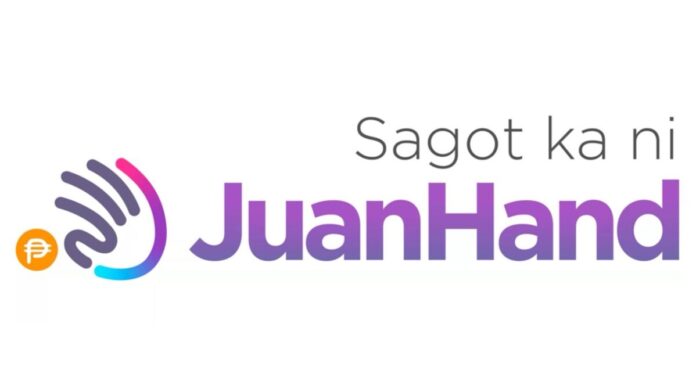In the Philippines’ journey toward becoming an upper-middle-income economy, access to formal credit remains both a challenge and an opportunity. Credit scores, often overlooked in the public discourse, are in fact one of the most powerful levers in enabling wider participation in the financial system.
The 2024 Credit Perception Index (CPI) by TransUnion underscores the urgency: only 54% of the unbanked population are familiar with formal credit products, a significant drop from last year and far below the 70% recorded among the general population. This deterioration in credit literacy comes at a time when the Bangko Sentral ng Pilipinas (BSP) has already surpassed its target of digitalizing 50 percent of retail payments, achieving 52.8% in 2023.
Digital adoption is accelerating, but credit inclusion is lagging. Without a functioning credit profile, millions remain excluded from the most transformative financial products such as business loans, mortgages, and affordable credit lines that can drive long term economic mobility.
The Role of Credit Scores in the Formal Economy
A credit score is more than a personal financial tool; it is a market signal. For lenders, it quantifies risk; for the economy, it channels capital where it is most productive. Strong credit profiles often unlock competitive interest rates, higher borrowing limits, and faster approvals, while weak or non-existent scores limit credit flow, particularly for underserved sectors. In the Philippines, this gap is significant: banks allocated only 4.52% of total lending to MSMEs in 2024, far below the mandated 10%. Without robust credit data, promising borrowers, especially small businesses, struggle to secure financing.
Improving credit literacy and participation has macroeconomic benefits. Economies with deeper credit penetration see amplified consumer spending, SME growth, and housing activity, all feeding into gross domestic product expansion. In the country, initiatives such as the BSP–JICA Credit Risk Database aim to shift lending from collateral-based to risk-based models, enabling more inclusive financing. Credit card adoption is also rising, with originations nearing 1 million per quarter in 2023 and penetration surpassing 15% of adults, signaling growing engagement with formal credit systems.
How Credit Visibility and Technology Drive Inclusion
Credit visibility is more than a financial milestone for individuals and even for small businesses, it is a catalyst for economic growth. A robust credit score not only helps borrowers secure better loan terms but also signals to lenders that capital can be allocated efficiently. In fact, micro-lending platforms like JuanHand help bridge the gap by extending small, manageable loans to those without a formal credit history. As a submitting entity to the Credit Information Corporation (CIC), JuanHand ensures repayment behavior is recorded in the national registry, enabling responsible borrowing today to build stronger credit standing, and with it, access to larger loans, lower interest rates, and greater financial opportunities.
As the Philippine arm of NYSE-listed FinVolution Group, JuanHand benefits from the parent company’s extensive regional experience and technological backbone. This includes FinVolution’s proprietary AI and machine learning platform, which JuanHand also applies in the local market. The platform processes massive volumes of data to deliver faster, more precise credit assessments. And to maximize effectiveness, these universal technologies are adapted to local needs, taking into account borrower behavior, risk patterns, and regulatory requirements. This allows JuanHand to responsibly extend credit to first-time borrowers while maintaining low default rates.
At JuanHand, AI powers real-time risk assessment using just basic customer details, such as name, citizenship, contact information, and one valid ID, enabling loan approvals in as little as five minutes. For repeat borrowers, the process is even faster: loans can be approved and disbursed to their e-wallets in under 45 seconds. This seamless experience not only improves accessibility but also reinforces JuanHand’s commitment to responsible, technology-driven financial inclusion.
As the president and CEO of WeFund Lending Corp. (operator of JuanHand), Francisco “Coco” Mauricio explains, “Credit inclusion is about empowering individuals and small businesses to participate in the formal economy. By helping people build their credit histories, we are laying the foundation for long-term economic growth and financial resilience.”
